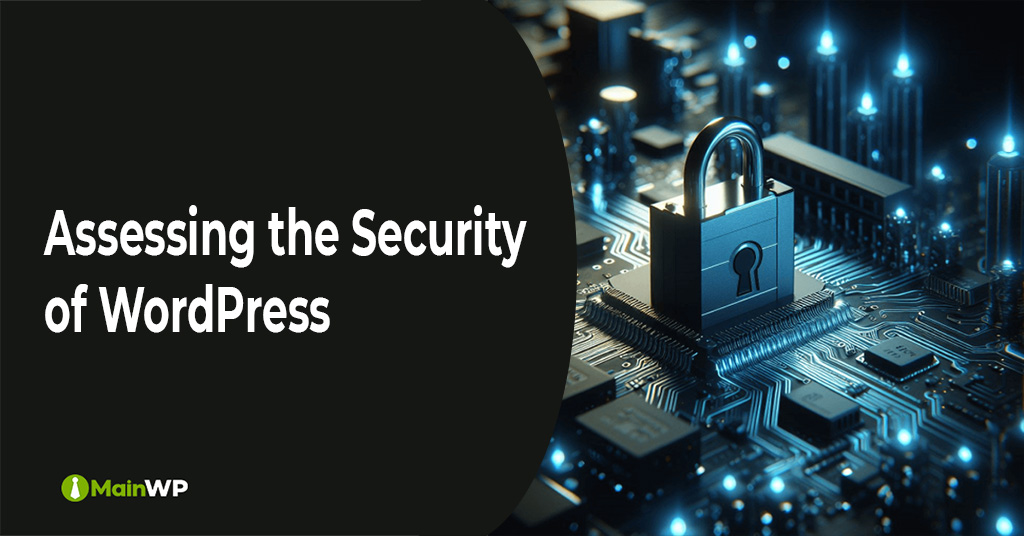WordPress is the world’s most widely used content management system (CMS), powering over 40% of all websites. But how secure is WordPress, and what are its risks? In this article, we will explore these questions and give you some tips on how to improve WordPress security.
How Secure Is WordPress Out of the Box?
WordPress is a relatively secure platform, as it is constantly updated and maintained by a large community of developers. WordPress also has a built-in system that notifies you of any available updates for the core, plugins, and themes. However, WordPress is not invulnerable to cyberattacks, and its popularity makes it a target for hackers. Therefore, you need to take some extra steps to protect your WordPress site from potential threats.
What Are the Most Common WordPress Security Issues?
Some of the most common WordPress security issues that you may encounter are:
- Dictionary attacks: These are attempts to guess the username and password of a WordPress site by trying different combinations repeatedly.
- SQL injections: These are attacks that exploit a vulnerability in the database of a WordPress site, allowing hackers to access or manipulate data.
- Cross-site scripting (XSS): These are attacks that inject malicious code into a WordPress site, usually through a plugin or a theme, that can affect the site’s functionality or the visitors’ browsers.
- Malware: These malicious software programs can infect a WordPress site, causing damage or stealing information.
How Can You Improve WordPress Security?
There are many ways to improve WordPress security, but here are some of the most important ones:
- Choose a strong password and change it regularly
- Use a reputable web host with a server-level firewall that maintains backups of your site
- Update WordPress core, plugins, and themes regularly
- Install a security plugin and a firewall
- Use SSL encryption and HTTPS protocol
- Limit login attempts and user access
- Scan the site for malware and vulnerabilities
WordPress security is not a one-time thing but a continuous process that requires vigilance and care. It is the developers’ responsibility, site owners, and users. Following these tips can make your WordPress site more secure and prevent hackers from compromising it.







